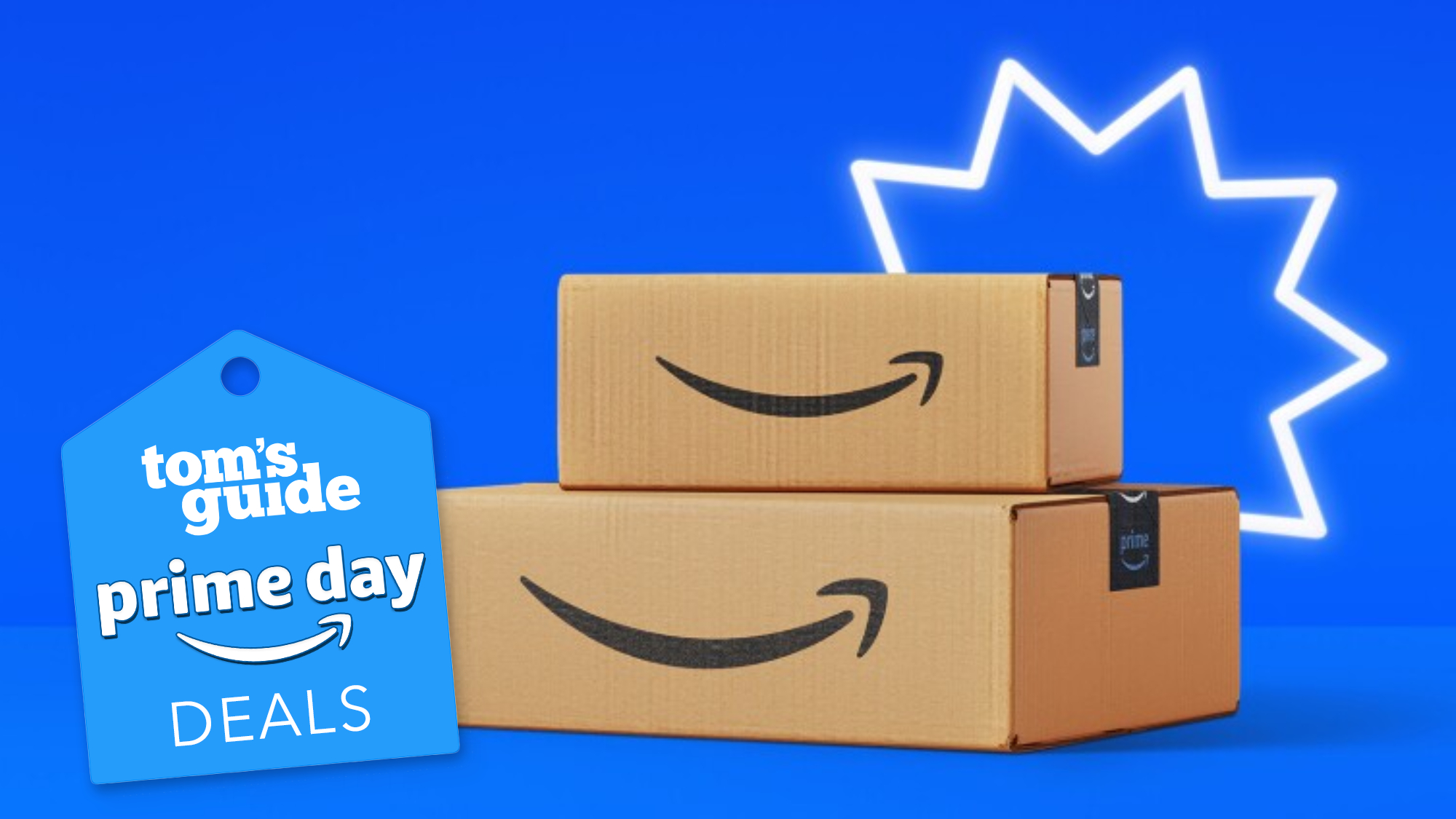
As we reported yesterday, Australia’s competition regulator has filed separate cases in a Federal Court against two of Australia’s biggest supermarkets – Coles and Woolworths – for allegedly misleading shoppers over discounting claims on hundreds of everyday products. Buried within the press statement on the Australian Competition and Consumer Commission’s website announcing that it was taking the duo to court, was a line about how the supermarket’s alleged unsavoury practices came to light. The ACCC said that it first identified this conduct through “consumer contacts to the ACCC” and “social media monitoring”, which then prompted it to conduct an in-depth investigation of its own.
The commission contends that the supermarkets offered certain products at a regular price for at least 180 days. They then increased the price of the products by at least 15 per cent for a relatively short period of time, and subsequently placed it onto their ‘Prices Dropped’ or ‘Down Down’ programme. The display of the Prices Dropped and Down Down tickets were misleading, says that ACCC, as the price of the products were in fact higher than or the same as the regular price at which the supermarket had previously offered the products for sale.

It was consumers who first noticed this trend and alerted the ACCC. “We then tracked social media and saw on X, Reddit and TikTok that hundreds of consumers were reporting prices that they did not consider were genuine,” said ACCC chairwoman Gina Cass-Gottlieb, according to the Australian Financial Review. For example, there was one Reddit user who more than a year ago went searching the internet for an explanation of how Woolies was pricing its Pepsi Max cans.
Using Internet Archive, which saves old web pages, the user found a promotional price of $24. In April, they wrote, the price rose to $35 before settling at a new promotional price of $26. “They raised the price by $11 for a month, then dropped it $9 a month later.
So realistically [it] hasn’t been sold for more than $26 in over a year but claiming big price drops,” the user concluded. It was a similar story for others. “Not quite as dramatic, but Sakata Rice Crackers went up to $2.
70 at Coles and Woolworths,” one user wrote. “Then the big two drop the price to $2.30 and make a big deal about it on the price tags, where in reality that ‘new lower’ price feels like it is on the high side compared to what I was used to paying before.
” The ACCC honed in on the allegations and brought in its own advanced investigative tools to further examine the allegations before reaching a conclusion of its own that the supermarkets were misleading consumers with their pricing mechanism on some products and that the discounts that it offered on them were, in fact, ‘illusory’. The commission estimates that Woolworths and Coles sold tens of millions of the affected products and derived significant revenue from those sales..













